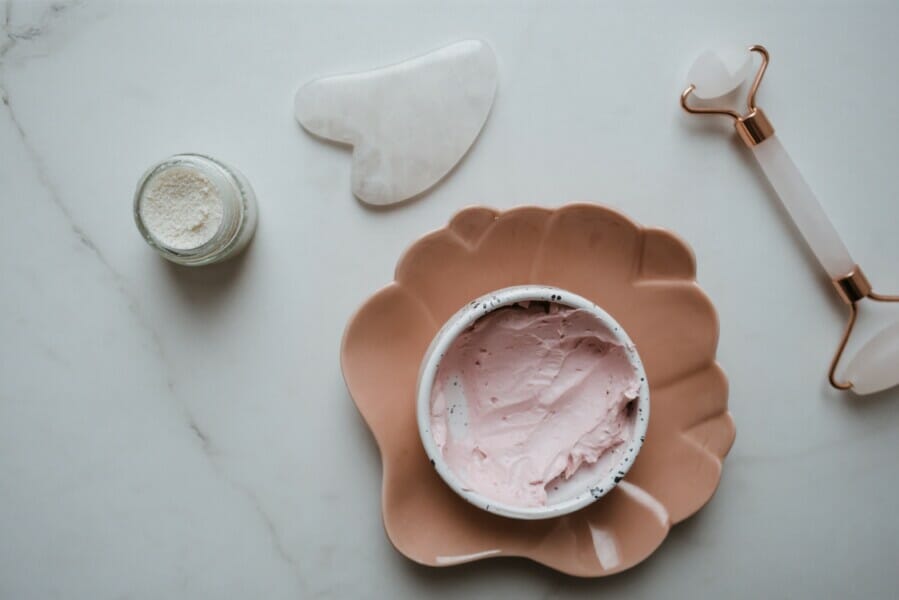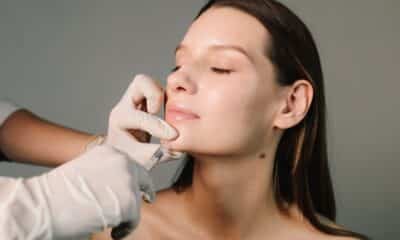Teenage Skincare Tips And Tricks
If you’re a teenager dealing with acne, you’re not alone. It is estimated that up to 85% of teens experience acne. Establishing good hygiene practices and a skincare routine can help manage acne and promote healthy skin.
Apart from the basics like not picking at acne and washing your face with clean hands, there’s more to skincare. Here are some essential tips for teenagers starting with skincare:
Understand Your Skin Type
Knowing your skin type is crucial as it influences which products will work best for you. The five common skin types are normal, dry, oily, combination, and sensitive. By identifying your skin type through observation and testing, you can tailor your skincare routine to keep your skin healthy.
– Oily skin looks shiny and greasy, often experiencing acne breakouts.
– Dry skin appears rough and dull, requiring adequate moisturization.
– Combination skin has aspects of both dry and oily skin.
– Normal skin is balanced and less prone to breakouts.
– Sensitive skin is reddish, easily irritated, and may require special attention.
Order of Applying Skincare Products
While the sequence may vary, a general guideline for a skincare routine includes:
1. Cleanser to remove dirt and prepare skin.
2. Optional toner based on skin type.
3. Acne or targeted treatment products.
4. Moisturizer for hydration.
5. Sunscreen as the final step for sun protection.
Regularly Change Your Pillowcase
Changing your pillowcase frequently is often overlooked but essential for skincare. Dirty pillowcases can counteract your skincare efforts. Aim to change pillowcases weekly or use a clean shirt over the pillowcase as an alternative.
Patch Test New Products
Before applying new skincare products, perform a patch test to check for potential allergic reactions. For sensitive teenage skin, opt for products with mild and organic ingredients to prevent breakouts or adverse skin reactions.
Stay Hydrated
Drinking an ample amount of water is crucial for maintaining skin elasticity, preventing premature aging signs like wrinkles, and balancing the skin’s pH levels for healthy skin.
Developing a consistent skincare routine tailored to your skin type and needs is key. If acne becomes severe or persists, seeking advice from a dermatologist for appropriate treatment is recommended.
Featured Image by Polina Kovaleva via Pexels
















